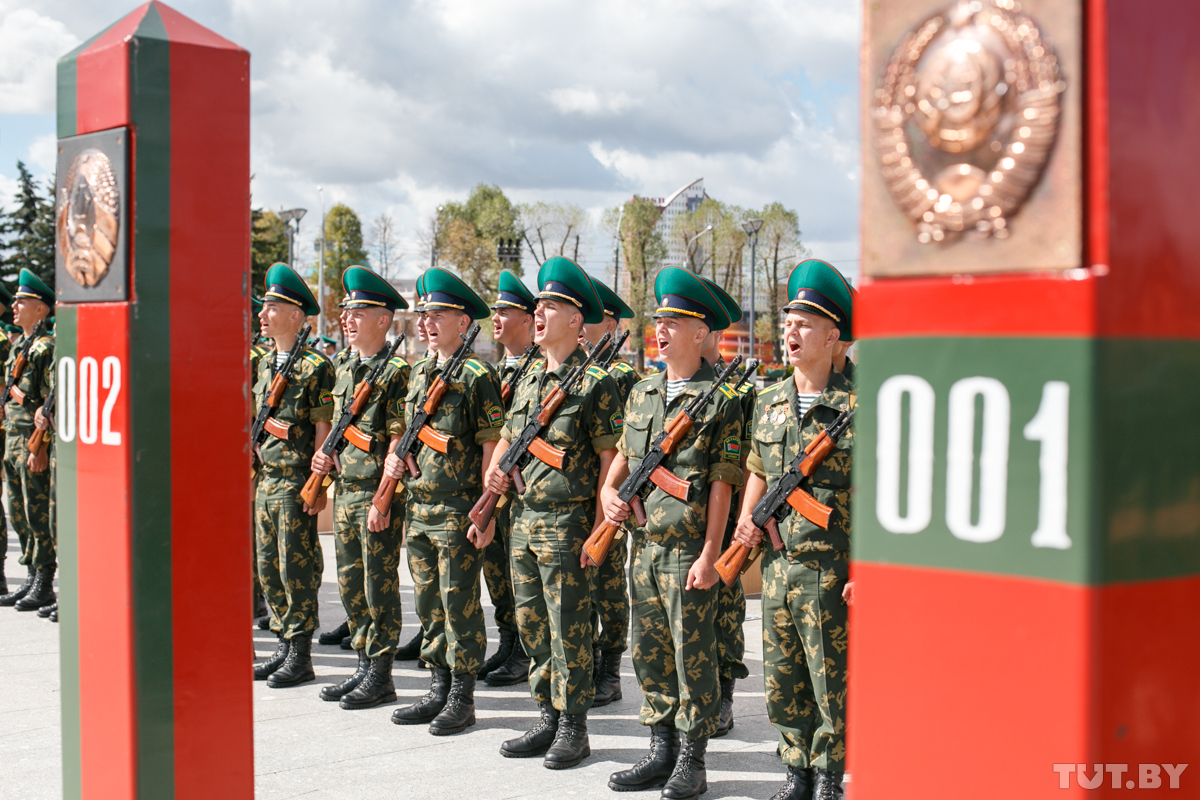Belarus may revise border protection principles
 The situation has not changed
The situation has not changed

The Belarusian border service may be reorganised due to the plans to enhance border protection with border troops.
On September 24th, President Lukashenka met with State Secretary of the Security Council Stanislav Zas and Chairman of the State Border Committee Anatoly Lappo. During the meeting, they discussed the strengthening of the border protection at the Belarusian-Ukrainian section and the related increase in the number of border staff. These issues have been lively discussed in the Belarusian media.
Meanwhile, the issue of a possible renaming of the State Border Committee, raised by Lukashenka and discussed earlier this year in the couloirs of power, went unnoticed. Simultaneously, the possible redistribution of the law enforcement agencies’ staff in favour of border guards through down staffing the Belarusian Armed Forces by several thousand servicemen, was announced. Such redistribution was explained by the fact that border staff was better trained as compared with the army.
Actually, it would make sense to rename the State Border Committee to bring it in line with its functions. Formerly, it was called the State Committee of the Border Troops, and before that – the Main Directorate of Border Troops. Lukashenka renamed the State Committee of the Border Troops to the State Border Committee on September 25th, 2007 by his decree, and the border troops into the Border Guard Service. This was due to the fact that over the years that have passed since the formation of the Belarusian border troops, the international and regional security environment near the Belarusian border had changed significantly.
Initially, the border department faced tasks to ensure the sovereignty and territorial integrity of Belarus. Later, priority was given to the law enforcement functions of the border guards in fighting cross-border crimes. By doing so, Minsk recognised the absence of external military threats.
The authorities are likely to decide to reintroduce the militarised protection of the Belarusian border, formally referring to a change in the nature and extent of threats to Belarus’ border security. However, the real reasons are broader. Among them is Lukashenka’s conservative mentality, as he still calls the State Border Committee “border troops”. In addition, he is discontent with the state of affairs in the army and wants to have a compact and effective military structure capable of performing the Army functions.
Subscribe to our newsletter




Situation in Belarus
Constitutional referendum: main consequences


 Video
Video
How to count the political prisoners: are the new criteria needed?


 Video
Video
Paternalism In Decline, Belarusian Euroscepticism, And The Influence Of Russia


 Video
Video












